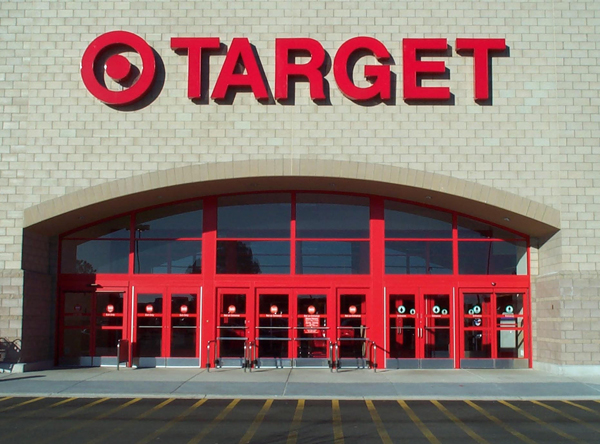
Target lost its cheap chic cache a couple of years ago, especially among youth culture shoppers. As our data has shown, Target used to be an important location for shopping for inexpensive fashion. The masstige collaborations were impressive, and the mix of items for sale including personal electronics, music, and beauty, made Target a fairly good shopping location.
Unfortunately, things changed and the mega-chain didn’t keep up. Amazon, a clear leader in online sales tapped into the ways people shopped, offering up free shipping which Target didn’t see coming. The fashion areas within Target didn’t keep up with changes in style, and the décor has needed a make-over for years.
When Target moved into offering groceries, it didn’t stay with trends in organic foods and the growing demand among savvy shoppers for locally grown. Only now is saying it will start offering local produce and natural organic products.
The other massive blow was the security breach of its shoppers’ data, which prompted the retirement of Gregg Steinhafel.
Now, Target has announced its turn-around plans to trim back to eliminate $2 billion in costs over the next two years, which also means the loss of thousands of jobs—possibly up to 13,500.
The fashion division is doing another collaboration, this time with Lilly Pulitzer. It’s redesigning the fashion area with mannequins. The store layouts will offer a new look and shopping experience.
But the greatest moves are the improvements it plans to make with its ecommerce platform and mobile commerce. Like we illustrate in our upcoming 15th Annual Spring Youth Culture Study 2015, researching and spending patterns have migrated to mobile, and those who don’t have an aggressive game plan in order, will ultimately be left behind.
This means that Target has to invest in new technology. The $2 billion it plans on saving accounts for the $2 billion it plans on investing in e- and m-commerce technology rather than brick ‘n mortar stores.
“We have to be more nimble, more agile. We have to create a more innovative culture,” Brian Cornell, Target’s CEO told analysts on Tuesday.
Of the stores it does plan on opening, they will be eight TargetExpress stores. That’s a huge shifts from the previous mindset of opening more mega stores.
The real change t note however will be that Target may soon be another Amazon-like creation, attracting the growing number of shoppers who purchase online rather than in stores.


